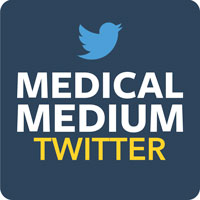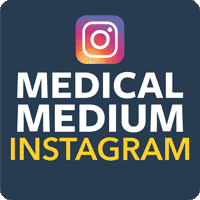Emotional Liver: Mood Struggles and SAD
The liver’s unhappiness is the foundation of our emotional instability. When the bloodstream is filled with neurotoxins, (created when pathogens feed on toxic heavy metals in the liver,) focus and concentration can go awry as these toxins soak into the brain. Also, emotions such as frustration and anger can arise from a sluggish, pre-fatty, or fatty liver. Add in the poisons that enter our brain as well as what life throws at us and you can end up with a SAD misdiagnosis.
__
When the liver gets toxic, some of the poisons can leach into the bloodstream and intestinal tract. They can cause issues like eczema, psoriasis, and dry, cracking skin that are also mistakenly blamed on SAD because they get worse in winter. These poisons can travel through the bloodstream to the brain, causing problems that can result in a diagnosis of bipolar disorder. Also, your liver soaks up excess adrenaline from the bloodstream during bouts of intense stress and other adrenal triggers. When your liver took on this adrenaline originally released during your emotional hardships, it also held on to your emotional experiences. Its release can trigger the same painful feelings you had when the adrenaline was first released at a time of struggle.
__
Here’s the most common reason that SAD sufferers experience symptoms in the late fall and early winter: dietary changes. The light and temperature changes alone have us going into hibernation mode and eating differently from normal. The holidays can push the liver over the edge. The influx of liver troublemakers can force the organ to take on the extra fat of fall and wintertime treats or to overspill and release. This second factor, release, is one reason why you’ll feel extra emotional toward the end of the year. Just as adrenaline that’s released on the liver’s schedule is attached to emotions, the adrenaline that’s attached to toxins that the liver is forced to let go of can bring out emotions.
Excerpts from Liver Rescue by Anthony William, Chapter 19. Read the full explanation and get your copy today at Amazon, Barnes & Noble, Books-A-Million, The Book Depository, and anywhere books are sold.
The information provided on this Site is for general informational purposes only, to include blog postings and any linked material. The information is not intended to be a substitute for professional health or medical advice or treatment, nor should it be relied upon for the diagnosis, prevention, or treatment of any health consideration. Consult with a licensed health care practitioner before altering or discontinuing any medications, treatment or care, or starting any diet, exercise or supplementation program. Neither Anthony William nor Anthony William, Inc. (AWI) is a licensed medical doctor or other formally licensed health care practitioner or provider. The content of this blog and any linked material does not necessarily reflect the opinions of Anthony William, AWI or the principal author, and is not guaranteed to be correct, complete, or up to date.
Thanks for printing this post. For more, visit www.medicalmedium.com







